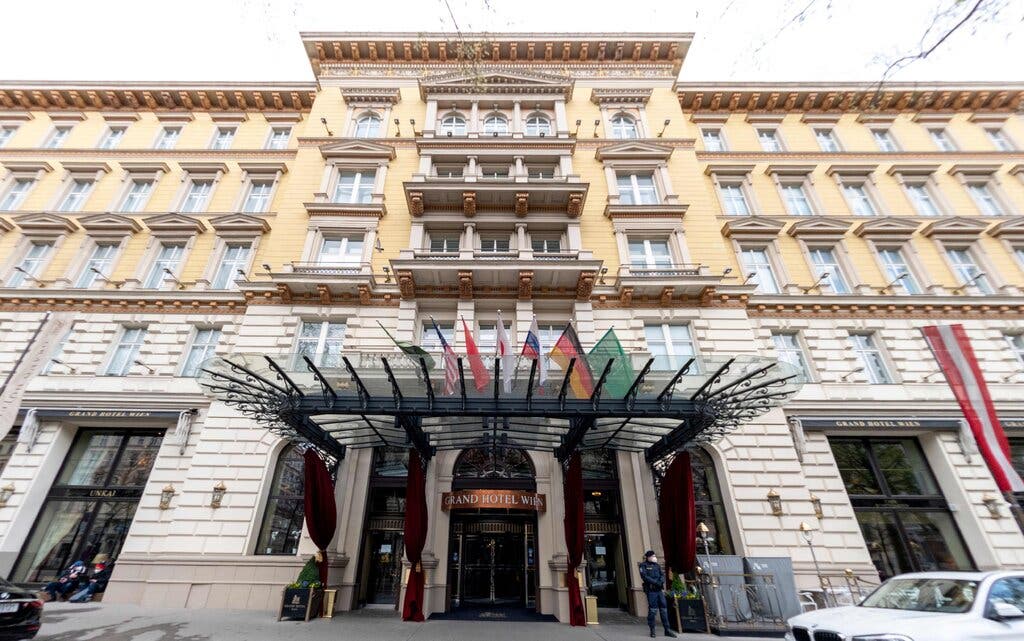Talks on reviving the 2015 landmark agreement will resume on Nov. 29, the country’s top nuclear negotiator noted on Wednesday.
“We agreed to start the negotiations aiming at removal of unlawful & inhumane sanctions on 29 November in Vienna,” Ali Bagheri wrote in a tweet later confirmed in United States and European Union (EU) statements.
Tehran and six powers started to discuss ways to salvage the nuclear pact in April. It has eroded since 2018, when then-US President Donald Trump withdrew from it and re-imposed sanctions on Iran, prompting Tehran to breach mandated limits on uranium enrichment the following year.
Negotiations have been on hold since the June election of hardline Iranian President Ebrahim Raisi, who is expected to take a tough approach when they resume in Vienna.
The six rounds of talks held so far have been indirect, with chiefly European diplomats shuttling between US and Iranian officials because Tehran refuses direct contact with Washington.
In Washington, US State Department spokesperson Ned Price said the United States hoped Tehran would return in good faith and ready to negotiate. Washington believed they should resume where they adjourned in June.
“We believe it remains possible to quickly reach and implement an understanding on a mutual return to compliance with the JCPOA by closing the relatively small number of issues that remained outstanding at the end of June,” Price told a news briefing.
“We believe that if the Iranians are serious, we can manage to do that in relatively short order. (However)… this window of opportunity will not be open forever, especially if Iran continues to take provocative nuclear steps.” he added.
Washington has also announced US Special Envoy for Iran Robert Malley will be heading the US delegation in Iran nuclear talks.
Named the JCPOA, the pact required Iran to take steps to restrict its nuclear program in return for relief from US, EU and United Nations (UN) economic sanctions.
Earlier on Wednesday, the secretary of Iran’s Supreme National Security Council suggested negotiations to revive the deal would fail unless US President Joe Biden could guarantee that Washington would not again abandon the pact.
Iran’s Foreign Minister Hossein Amir Abdollahian has recently stated that any talks over Iran’s nuclear program must lead to tangible results and the P4+1 group of countries should get ready for this.
Amir Abdollahian said Iran is not after talks just for the sake of talking.
The top Iranian diplomat reiterated any negotiations must produce tangible results based on mutual respect and interests.
The foreign minister added Iran is closely examining Biden’s behavior.
Tehran has announced it’s hypocritical of Washington to ask for talks with Tehran and impose new bans on the country. Iran has however noted that it will not give in to pressures over its nuclear energy program.
Analysts are raising the alarm over failure to revive the Iran nuclear deal, saying in that case there would be ‘no Plan B’ for Biden.
